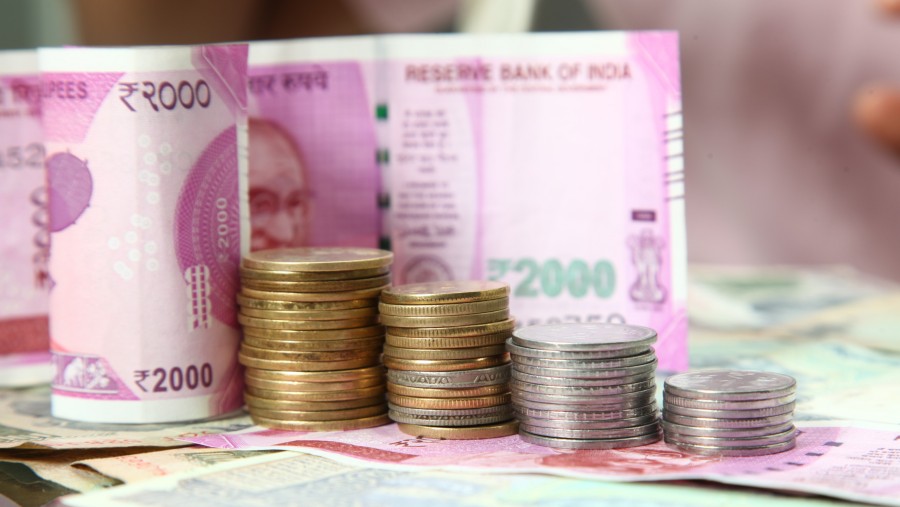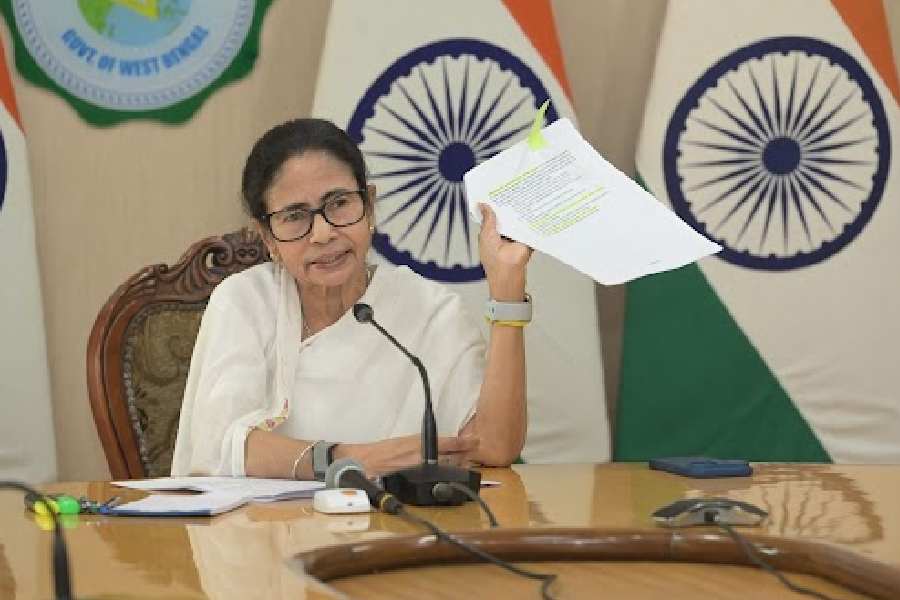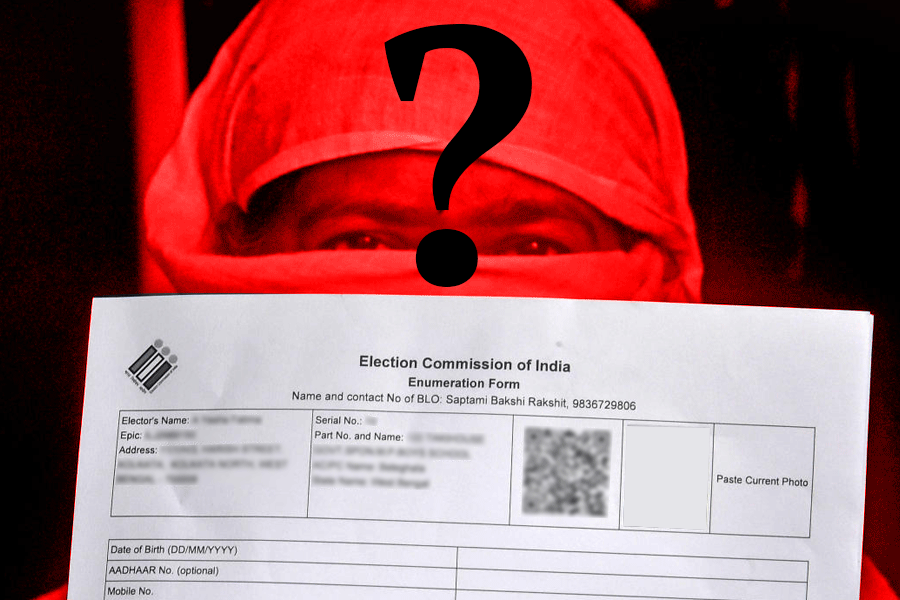India on Friday slammed the rating agencies of bias and buttressed its arguments with issues relating to defaults and debt that indicate the fiscal deficit for the fiscal is likely to be way off prudent levels, while an overseas bond issue may be back on agenda.
“Never in the history of sovereign credit ratings has the fifth largest economy (India) in the world been rated as the lowest rung of the investment grade (BBB-/Baa3), the Economic Survey said.
Reflecting the economic size and thereby the ability to repay debt, the fifth largest economy has been predominantly rated AAA. China and India are the only exceptions to this rule – China was rated A-/A2 in 2005 and now India is rated BBB-/Baa3. Do the fundamentals that supposedly drive sovereign credit ratings rationalise this historical anomaly?
The attack on ratings signifies the fiscal deficit will be higher in 2020-21 — possibly at over 7 per cent against the budgeted 3.5 per cent or Rs 7.96 lakh crore — and will stay elevated next year. This implies a break from the trajectory of FRBM targets.
Besides, the government is likely to reconsider a sovereign bond flotation, which finance minister Nirmala Sitharaman had spoken of in her first budget.
“India’s sovereign ratings do not reflect the fundamentals of the Indian economy. Ratings methodology needs correction. Ratings basically reflect the probability of default which corresponds to willingness to repay or ability to repay. India’s willingness to repay is gold standard. India has never defaulted even in 1991,” the Survey said.
Our ability to repay is also very very high,” Subramanian said.
Pointing towards India's bulging foreign exchange reserves to make the case for a significant ratings upgrade, he said the reserves currently stand at $585 billion, which is close to all time highs.
"To understand whether our reserves cover our debt, we need to take into account private sector debt. Our short term debt, a default by India is a 0.1 percent probability event," he said. "Our total debt obligation in foreign exchange, the amount is less than reserves. Which is why India should have the highest rating. And that is one of the reasons why our stock markets do not react to (adverse) credit ratings changes."
As the fiscal deficit is likely to sour in the next fiscal year too and the country would need global funds for its infrastructure and economic growth, the economic survey in an aggressive stance on the rating agencies slammed them for not reflecting the strong economic fundamentals of India and accused them of bias.
The chief economic adviser K. V. Subramanian has hit out against sovereign ratings agencies in the Survey 2020-21 means that the fiscal deficit will be higher in 2020-21 (possibly at over 7 per cent against the budgeted 3.5 per cent or Rs 7.96 lakh crore) and will stay elevated next year. \This implies that it would be a break from the trajectory of FRBM targets, which may be justifiable because of the Covid impact.
“India’s sovereign ratings do not reflect the fundamentals of Indian economy. Ratings methodology needs correction,”Subramanian said.
“Ratings basically reflect the probability of default which corresponds to willingness to repay or ability to repay. India’s willingness to repay is gold standard. India has never defaulted even in 1991. Our ability to repay is also very very high,” the adviser added.
Pointing towards India’s bulging foreign exchange reserves to make the case for a significant ratings upgrade, he said the reserves currently stand at $585 billion, which is close to all time highs.
“To understand whether our reserves cover our debt, we need to take into account private sector debt. Our short term debt, a default by India is a 0.1 percent probability event,” Subramanian said.
"Our total debt obligation in foreign exchange, the amount is less than reserves. Which is why India should have the highest rating. And that is one of the reasons why our stock markets do not react to (adverse) credit ratings changes."










